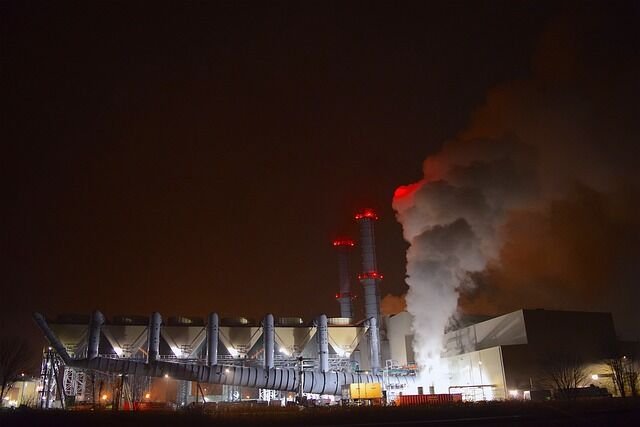
About Us
Oil is a complex and multifaceted industry that encompasses a wide range of hydrocarbon mixtures. Each type of oil possesses unique characteristics that influence its processing techniques and the final products derived from it. The distinctions among these hydrocarbons are crucial for understanding their applications in various sectors.
Natural oil is categorized based on its density and viscosity, which can be classified into light, medium, or heavy oils. The classification is primarily determined by the content of hydrocarbons and the presence of other impurities. This categorization plays a significant role in determining the methods used for extraction and processing.
One of the most recognized varieties of oil is Brent crude, which is sourced from the North Sea. Brent crude serves as a global benchmark for oil pricing, influencing markets worldwide. Another significant grade is West Texas Intermediate (WTI) crude, extracted in the United States, which also holds considerable importance in global pricing dynamics.



